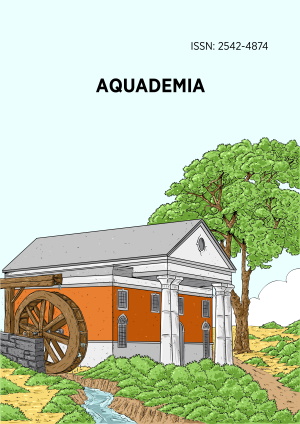Abstract
Improved knowledge and attitude towards COVID-19 preventive measures have been shown to slow down transmission rates and improve public health outcomes. Yet, there is a lack of information regarding knowledge and attitudes towards COVID-19 prevention measures among the general population in Zambia. This study assessed the knowledge and attitudes towards COVID-19 prevention measures among residents of the Lusaka District, Zambia. This cross-sectional study involved 453 participants from 20th August to 10th October 2021 using previously validated questionnaires. Data were analyzed using Stata 16.1 (Stata Corp, College Station, TX, United States). Structural equation modelling (SEM) was used to analyze relationships between latent variables (knowledge and attitude). Of the 453 participants, 52.3% were female. Overall knowledge of COVID-19 prevention measures was 85.2% while attitude was 46.2%. SEM showed no evidence of an association between knowledge of COVID-19 preventive measures and attitudes towards the preventive measures (r=0.01, p=0.071). However, there was a significant association between young adults vs adults and the frequency of hand sanitizing using alcohol-based hand rub (p=0.036). Additionally, there was evidence of a difference between the frequency of covering the mouth with a bent elbow when coughing or sneezing and the age group, with adults doing this practice more often than young adults (p=0.011). Finally, young adults had the highest average scores for attitude; 2.54 (SD=1.39), compared to adults; 2.22 (SD=1.43) (p=0.027). Despite knowledge of COVID-19 prevention measures being relatively high among Lusaka residents, their attitudes towards these measures were sub-optimal and can potentially affect preventive measures currently in place.
License
This is an open access article distributed under the Creative Commons Attribution License which permits unrestricted use, distribution, and reproduction in any medium, provided the original work is properly cited.
Article Type: Research Article
AQUADEMIA, Volume 6, Issue 1, 2022, Article No: ep22005
https://doi.org/10.21601/aquademia/12210
Publication date: 02 Jul 2022
Article Views: 3384
Article Downloads: 1808
Open Access References How to cite this article
 Full Text (PDF)
Full Text (PDF)